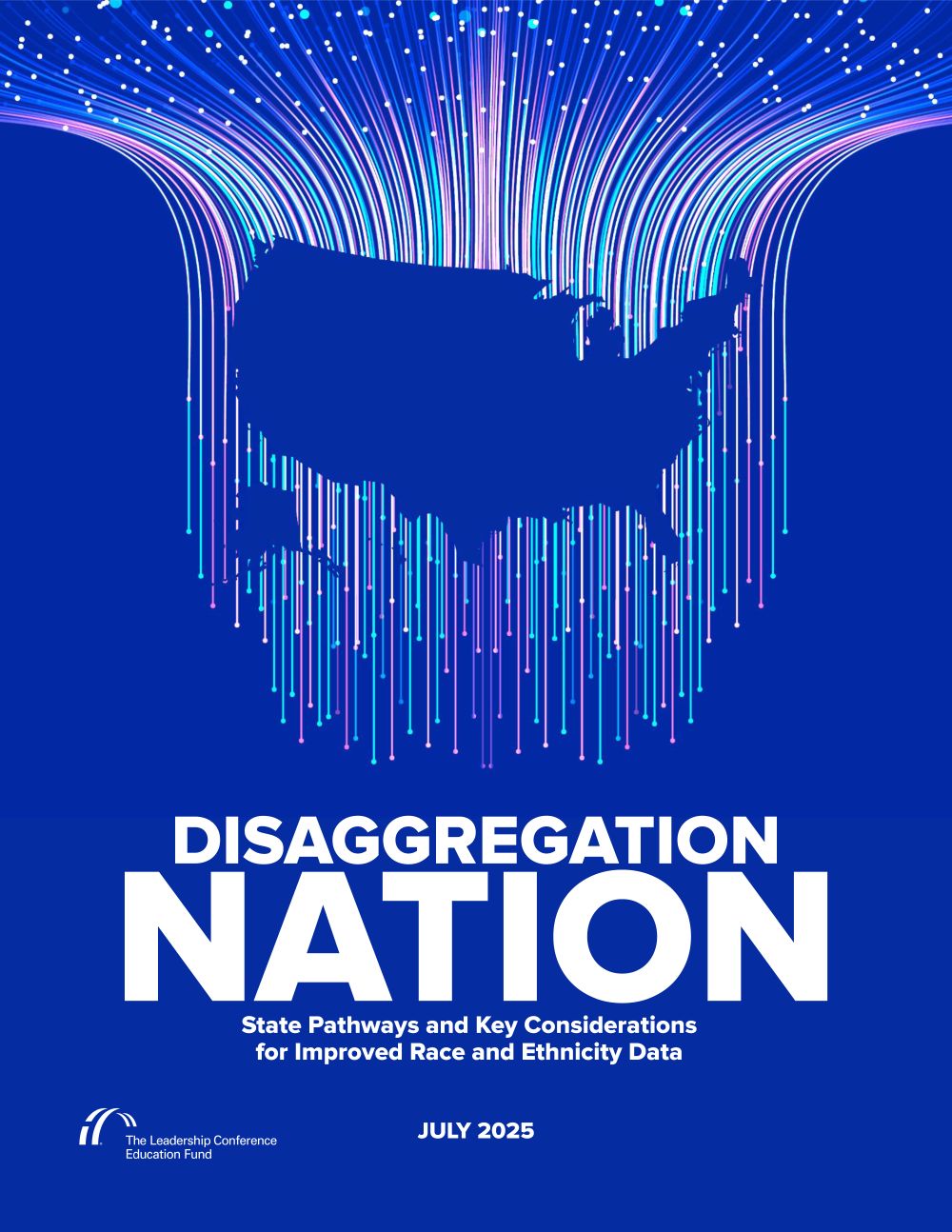Laws
New Jersey Requires the Collection of Disaggregated Data for Asian American, NH/PI, MENA, and South Asian and Indian Diaspora Communities (State Agencies)
Starting July 2025, state agencies are required to disaggregate data for Asian American, Native Hawaiian, and Pacific Islander, Middle Eastern and North African, and South Asian and Indian Diaspora communities. The law requires state agencies that directly or by contract collect demographic data as to the ancestry of residents to use separate collection categories for the following:
- Each major Asian group, including but not limited to Chinese, Japanese, Filipino, Korean, Vietnamese, Asian Indian, Laotian, Cambodian, Bangladeshi, Hmong, Indonesian,Malaysian, Pakistani, Sri Lankan, Taiwanese, Nepalese, Burmese, Tibetan, and Thai;
- Each major Pacific Islander group, including but not limited to Native Hawaiian, Chamorro or Guamanian, Samoan, Fijian, and Tongan;
- Each major Middle Eastern and North African group, including but not limited to Algerian, Bahraini, Egyptian, Jordanian, Kuwaiti, Lebanese, Libyan, Moroccan, Omani, and Tunisian;
- Each major South Asian and Indian Diaspora group, including but not limited to Guyanese, Trinidadian and Tobagonian, and Surinamese; and
- Other Asian, Pacific Islander, South Asian and Indian Diaspora, or Middle Eastern and North African groups.
The legislature agreed with the governor’s conditional veto to allow state agencies the flexibility to comply with data collection and reporting practices required by federal laws, regulations, programs, or surveys, and to account for evolving standards and guidance that may be issued by the OMB or the U.S. Census Bureau.
On April 22, 2020, the state of New Jersey enacted a law requiring the state’s Department of Health to publish COVID-19 hospital patient demographic data, including age, race, ethnicity and gender, on its website. S2357, 2020 Sen. (N.J. 2020). The law is significant because it requires publication of data elements by county and municipality — both of which are geographic subdivisions smaller than a state — and it would typically have to be removed under HIPAA’s Safe Harbor de-identification method. Note that the law expires when New Jersey’s state of emergency ceases.
A state law requires public colleges to “allow a student or a faculty or other staff member to identify his sexual orientation and gender identity on any form used by the institution to collect demographic information on gender, race, or ethnicity.” NJ ST 18A:62-55
Bills
A2141
Another bill (A2141) would require hospitals to report to the Department of Health “demographic data, including the age, ethnicity, gender, and race of persons in this State who have tested positive for the coronavirus disease 2019 or who have died from the coronavirus disease 2019.” Hospitals shall report such data until the end of the state’s declared public health emergency related to COVID-19. Bill Status. The same bill was also introduced in the 2020-2021 legislative session but did not make it past a committee referral.

